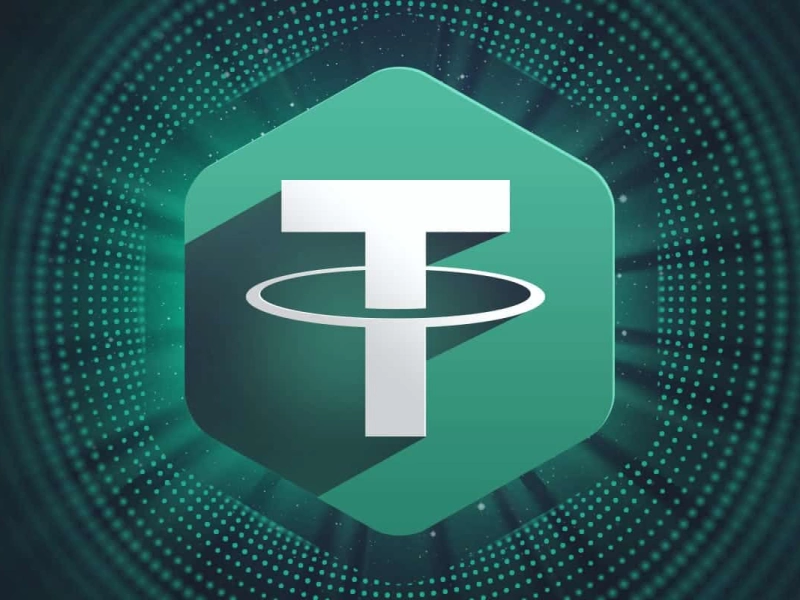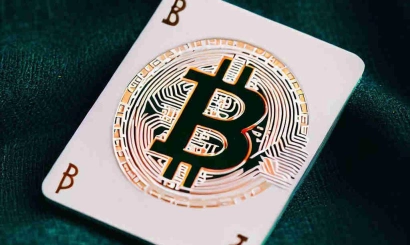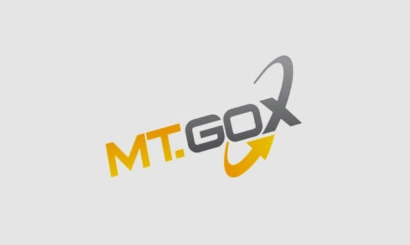Tether will collaborate with the United States. What does this mean for USDT owners?
Experts from Soft4bro have outlined the consequences of Tether's collaboration with the United States for USDT owners.
The company behind the largest stablecoin by market capitalization, Tether USD (USDT), has published letters addressed to US regulators, emphasizing its "commitment to security and close working relationships with law enforcement agencies" in the United States.
In one of the letters, Paolo Ardoino, the recently appointed head of the company, highlighted that Tether has decided to proactively block USDT tokens in all wallets included in the sanctions list of the Office of Foreign Assets Control (OFAC). The company claims to have already assisted the Department of Justice, the Secret Service, and the Federal Bureau of Investigation (FBI) in freezing 326 wallets containing USDT stablecoins worth $435 million.
Stablecoins are cryptocurrency tokens whose value is pegged to an asset, such as the dollar, euro, or ounce of gold. Their reserves are backed by real assets—fiat currencies, securities, precious metals, etc. The largest stablecoin by market capitalization is Tether USD (USDT), issued by Tether Limited. Some stablecoins exist on multiple blockchain networks, such as Ethereum, Tron, or Solana. USDT tokens of the TRC-20 standard, operating on the Tron network, are particularly popular among users due to their high speed and low transaction costs.
Ardoino also mentioned that Tether recently "connected the Secret Service of the United States to its platform" and is now "doing the same" for the FBI. The company's letters are addressed to Senator Cynthia Lummis and have also been sent to the chairs and members of the US Senate Committee on Banking, Housing, and Urban Affairs and the House Committee on Financial Services.
The choice of rhetoric regarding collaboration with US authorities was evident and expected for Tether, according to cryptocurrency expert and GFiS Channel Telegram channel author Taisia Romanova. Considering the number of questions regularly raised by regulators about Tether and the precariousness of its legal status, the company's decision to "befriend" authorities is a logical desire to maintain its business. Therefore, the public announcement of such plans, in her opinion, indicates two factors—open capitulation to the authorities and notifying all "interested parties" that stricter control will be imposed.
Tether, as the world's largest issuer of stablecoins, pays close attention to signals from US authorities, the director of analytics at the cryptocurrency asset security platform "Shard." On October 27, senators led by Cynthia Lummis urged the US Department of Justice to investigate Tether and the Binance exchange for signs of terrorism financing in their activities. This was related to the fact that some addresses on the Tron network, according to Israel, were used by terrorists, and Tether did not take timely measures to freeze their assets—sanctioned wallets were blocked only on October 16.
"This warning was followed by the actual takeover of the Binance cryptocurrency exchange by US authorities, which obliged it to leave the United States and pay a record fine of $4.3 billion. Accusations of aiding terrorists and violating Western sanctions were voiced at the November 22 press conference against Binance.
Until this moment, Tether had cooperated with law enforcement and, upon request, blocked its tokens in wallets associated with criminal activity. As of now, according to "Shard," the company's blacklist already includes more than 1,000 wallet addresses. Now the company indicates that it will take an active position in transaction analysis and provide more operational interaction with US law enforcement and intelligence agencies. Since the expansion of cooperation is not only with the FBI and the Secret Service but also with the Department of Justice, it is obvious that the fight against not only terrorist financing but also sanctions evasion will be strengthened
Up until this moment, Tether had been cooperating with law enforcement and, upon request, had been blocking its tokens in wallets associated with criminal activity. As of now, according to "Shard," the company's blacklist includes over 1,000 wallet addresses. Now the company is indicating that it will take an active position in transaction analysis and provide more operational interaction with U.S. law enforcement and intelligence agencies. Since there is talk of expanding cooperation not only with the FBI and the Secret Service but also with the Department of Justice, it is evident that the fight will be intensified not only against terrorist financing but also against sanctions evasion.
Freezing or blacklisting addresses at the blockchain level has been possible for all fiat-backed stablecoins since their inception, and this has never been a secret. However, the public readiness to freeze addresses associated with sanctions could potentially inconvenience users interacting with flagged wallets or owning such funds.
Wallet labeling systems and specific transaction monitoring are applied on most cryptocurrency exchanges and other services operating in the legal field. Due to the transparency of the blockchain as a public ledger of cryptocurrency transactions, monitoring systems track the intersection of transactions with labeled sources—sanctioned exchange services, wallets of criminals, or so-called crypto mixers. If a user's account receives funds from a marked address with a negative reputation, it increases the so-called risk score of the cryptocurrency, and the exchange's compliance service may block these funds.
"In March 2022, in response to requests from the Ukrainian side, Tether diplomatically stated that they would block funds if there was a corresponding order from OFAC. This news, by the way, caused a mass transition to alternative stablecoins such as DAI and UST. The second increase in UST capitalization [before its collapse] occurred precisely after this news."
According to her observations, in December 2022, cryptocurrency analysis systems enhanced the verification of addresses on the Tron network. As a result, numerous addresses with TRC-20 standard USDT tokens interacting with the Russian platform Garantex (previously sanctioned) were retroactively marked with a "sanctions" risk type. Later, other risk types, such as "aiding terrorism," were added to the list. In January 2023, approximately the same thing happened after the arrest of the leaders of the Bitzlato platform.
"There have already been two cases where the owner of an address with a 'sanctions' label could not withdraw funds at the blockchain level. Both transfers were made on the Tron network, and the transactions ended up with a status of 'Failed transaction-Revert.' Users of stablecoins should pay attention to preventive measures and check their wallets for labeling or consider temporarily switching to USDT on less popular networks."
U.S. law enforcement has accumulated a large amount of data on transactions by Russian individuals, at least because Russian exchanges and exchangers mostly use Western solutions in the field of so-called on-chain analytics. In his opinion, Tether is expected to become more actively involved in analyzing transactions, and in the future, perhaps, access to the platform will be granted only after undergoing the "know your customer" (KYC) procedure. Such a model is implemented, for example, in Societe Generale's euro-pegged stablecoin EURCV, which was launched this month.
The trend of implementing anti-money laundering (AML) mechanisms has been observed for several years. In modern realities, even small services, including exchange points, are introducing KYC. Most of them operate under agreements with various cryptocurrency exchanges, which, in turn, comply with all regulator directives.
Despite the ambiguous statements from Tether, the issuance of USDT continues to grow. This is primarily due to low trust in other stablecoins and a significant capital inflow from BUSD—the "official" stablecoin of the Binance exchange, the issuance of which was banned by U.S. regulators in early 2023. The conservative audience may view Tether's new rhetoric positively, as the company's compliance with sanctions provides a certain level of stability and security.





_410x245_00e.webp)



Robert:
19 Dec 2023г. в 17:21
Interesting article, it turns out that the government is starting to take over the crypto industry)))) good luck))